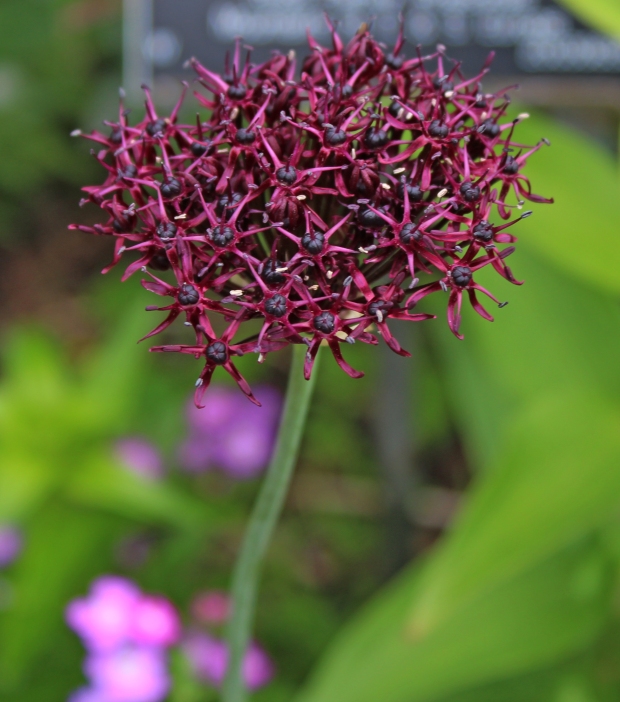Seven years ago, the Texas Board of Education approved a social studies curriculum that fosters inflexible and close minded conservative political viewpoints. Five years later, the New York Times published a story of a Texas high school student and his mother calling attention to a line in a textbook that described the Atlantic slave trade as bringing “millions of workers” to plantations in the South. Millions of workers? Not Slaves?
Regarding school textbooks, what happens in Texas unfortunately doesn’t stay in Texas. Because they are so big, the state is very influential as a market and publishers tend to angle books toward whatever they want (including matters of science). Reading about Texas got me to thinking about the things I didn’t learn in school. While I thankfully had quite a few progressive teachers (in the sixth grade, one noted how African Americans and Puerto Ricans were put on the front lines during the Vietnam conflict), I also had those who still conveyed imperialistic, manifest destiny points of view (in the eighth grade one described Native Americans as awed by Europeans because “their hair was the color of gold.”) Noteworthy people of color were generally not part of my education growing up.
Media literacy has been on my mind a lot lately, most notably with regards to how minority groups are portrayed. The negative images are ubiquitous and have mythic power. You don’t need much education to comprehend an image. Visibility fosters understanding and unity. Writing this on the eve of Memorial Day 2017, I got to thinking about soldiers of color. If military service to the country is a metric for outstanding citizenship, and seen as a noteworthy contribution, then why didn’t I learn about soldiers of color growing up? Their contributions were significant. I would like to honor three groups of soldiers of color whose histories may be even further buried by the direction this country is going.
The Borinqueneers
The 65th Infantry Regiment, also known as the Borinqueneers, was created in 1899 by Congress as a segregated unit composed of Puerto Ricans. The regiment served in the two World Wars as well as the Korean Conflict. The unit was named after the word given to Puerto Rico by its native Tainos that means, “land of the brave lord.” When the Borinqueneers were sent to the front lines in Korea, the men of the 65th performed exceptionally, earning praise from General MacArthur.
The 65th Infantry Regiment were awarded with a United States Congressional Gold Medal in June 2014, 60 years later, after a passionate two-years of activism by a nationwide alliance of volunteers, organizations and lawmakers in Congress. Puerto Ricans inhabit an exacting place in U.S. history because of the island’s commonwealth status: they don’t have the right to vote in U.S. elections, but serve in the military and can be drafted (Puerto Ricans can vote if they live in the United States).
The Windtalkers
Despite gaining the rights to citizenship and voting in 1924 from the federal government, Native Americans in some states could not vote until 1962, in spite of the esteemed contributions made by the Navajo during World War II.
Following the surprise attack on Pearl Harbor, Japan dominated in the Pacific. Many Japanese soldiers were fluent in English and regularly decoded military messages. The U.S. needed an unbreakable code. In February of 1942, Philip Johnston, an engineer and veteran of World War I, had an idea: What if the military forces were to use the Navajo language as a secret code? Johnston was familiar with the language because he was the son of missionaries who spent a good portion of his life interacting with the Navajo people, and was one of a few non-Navajos who could speak the complicated language.
The Navajo code talker (Windtalkers) program was classified and remained a national secret until 1968. An estimated 375 to 420 Navajos served as Windtalkers. Returning home with no fanfare and sworn to secrecy, the Navajo Windtalkers are finally being acknowledged in mainstream American history. The “Honoring the Code Talkers Act,” introduced by Senator Jeff Bingaman from New Mexico in April 2000, and signed into law December 21, 2000, called for the recognition of the Navajo code talkers. During a ceremony at the U.S. Capitol on July 26, 2001, the first 29 soldiers received the Congressional Gold Medal.
The Tuskegee Airmen
The Tuskegee airmen were the first African American servicemen to operate as military aviators in the U.S. armed forces, flying with distinction during World War II. Even though they were subject to racism in the U.S. and abroad, the 996 pilots and more than 15,000 ground personnel who served with the all-Black units would be credited with some 15,500 combat maneuvers and earn over 150 Distinguished Flying Crosses for their achievements. The publicized successes of the Tuskegee Airmen helped pave the way for the eventual integration of the U.S. armed forces under President Harry Truman in 1948.
After the war, the G.I. Bill was designed to help veterans adjust to civilian life by providing them with benefits that included low-cost mortgages and low-interest loans. African Americans did not benefit from the G.I. Bill anywhere near as much as White Americans. Historian Ira Katznelson notes that “the law was deliberately designed to accommodate Jim Crow.” Of the first 67,000 mortgages insured by the G.I. Bill, fewer than 100 were granted to people of color.
One of the great honors of my life was meeting Dr. Roscoe Brown, former Tuskegee Airman and former president of Bronx Community College, where I have worked for the last fourteen years. He was the squadron commander of the 100th Fighter Squadron of the 332nd Fighter Group and flew 68 missions and would eventually be awarded the Distinguished Flying Cross. Dr. Brown often noted that the Airmen’s activism after the war was as important as their wartime service—having risked their lives abroad, the Airmen were determined to make the U.S. a more equitable place. Unfortunately, not only are we still working on that, we seem to be taking large strides backward.



















